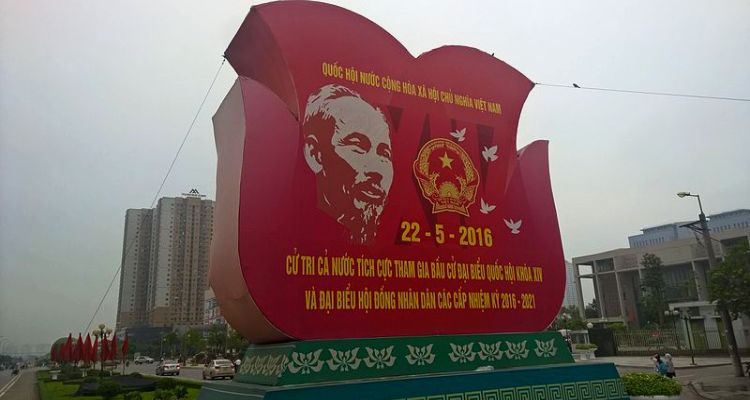The Vietnam government published a long-awaited decree today (Friday 1-20-2017) confirming a three-year pilot program and setting out rules for citizens and casinos to participate in the trial scheme. Currently only foreign passport holders may gamble in the country’s 30 casinos and electronic gaming parlors.
The decree is set to take effect from March 15, 2017 and will allow people aged 21 or older with stable regular monthly incomes in excess of 10 million dong (~$445) to gamble in certain casinos in the country.
Those casinos must have a minimum investment of $2 billion with at least half of that disbursed, among other requirements. Furthermore, the casinos would need to be part of a hotel and entertainment complex. Of less than 10 licensed true casinos operating in Vietnam, only Ho Tram Resort Casino would currently meet the CapEx requirement, and that just barely thanks in part to a second hotel tower priced at $75 million announced in May 2016, which should bring total disbursements over the $1 billion mark.
Of good news to existing and potential investors in Friday’s decree was a lowering of the required investment from $4 billion to $2 billion, as well as allowing operations after only $1 billion has been disbursed.
However, Vietnamese casinos currently pay a corporate income tax of 20 percent and a 35 percent consumption tax with junket commissions being deductible, lowering the overall effective rate.
Upcoming developments that would meet that requirement but may not meet location restrictions before the decree is updated or replaced with legislation in three years are the Hoiana and Laguna Lăng Cô Beach Resort‘s potential Hard Rock or Melco Casino. VinaCaptial along with Chow Tai Fook and Suncity Group are investing about $4 billion in the Hoi An casino resort. Laguna Lăng Cô could possibly meet the capital expenditure threshold as well with their current target of $875 million plus further investment.
It’s unclear if casino resorts planned for the Van Don Special Economic Zone at Ha Long Bay in the north or on Phu Quoc Island in the south would meet the $2 billion threshold over time or the initial disbursement level of $1 billion, leaving daylight for international operators to consider a bid in three years.
Although the massive developments already occurring in Vietnam might succeed with foreigner-only casino components if Chinese VIPs continue to seek out alternatives to the Macau experience, a broadening of the trial conditions would lend more stability to current plans and future proposals. Government reports indicate that Vietnam’s casinos only posted US$62.3 million in gross gaming revenue for 2014. Worldwide, GGR topped $450 billion that same year. Some projections show Vietnamese GGR reaching anywhere from $3 billion to $6 billion annually if all currently proposed casinos were licensed and locals were allowed to play what they want, wherever they want.



